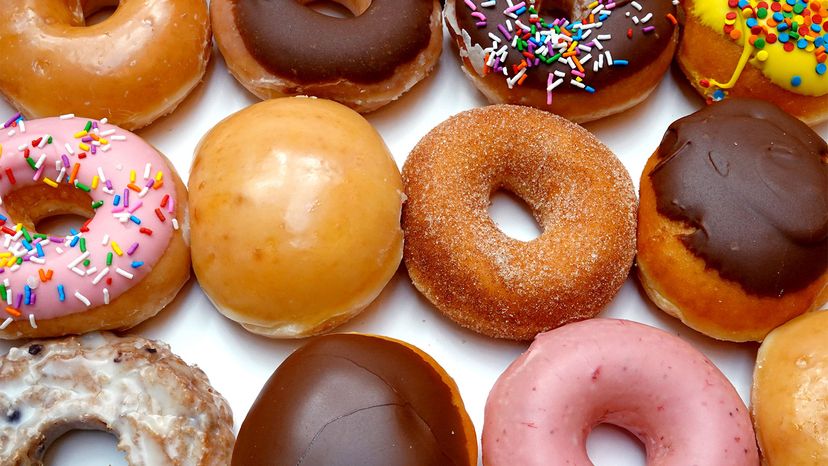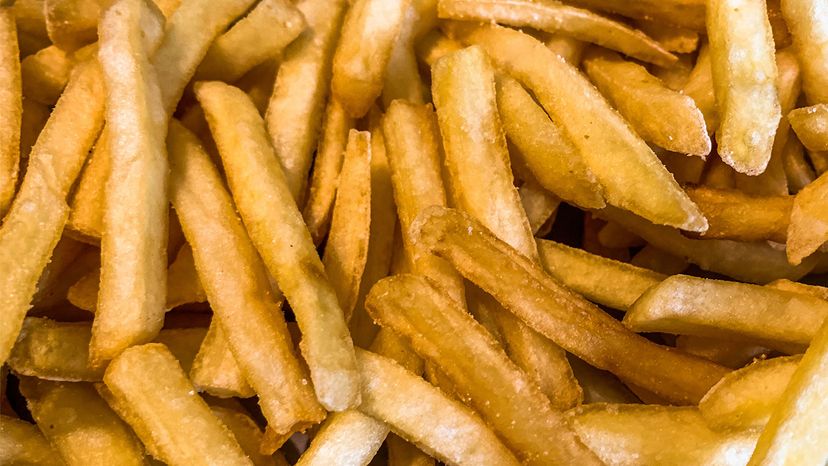Ultra-processed foods meet all the same criteria that were used to designate tobacco as addictive.
Tobacco and ultra-processed foods alter mood in a similar way by increasing pleasurable feelings and reducing negative ones. The high levels of refined carbohydrates and fat in ultra-processed foods powerfully activate reward systems in the brain.
Ultra-processed foods are highly reinforcing — they can shape your behavior to keep you coming back for more. For example, teachers and parents use ultra-processed foods to reward good behavior in children to increase the likelihood that kids will continue to behave. In rats, researchers have repeatedly found that sweet tastes are more reinforcing than even highly addictive drugs, like cocaine.
The high failure rates of diets make it painfully clear that ultra-processed foods can trigger strong, often irresistible urges to use despite a desire to quit. In contrast, nutritious, minimally processed foods like fruits, vegetables and legumes do not meet these criteria for addiction.
Beginning in the 1980s, the amount of unhealthy, ultra-processed foods in the U.S. exploded. At the same time, the tobacco companies Philip Morris and RJ Reynolds were buying up ultra-processed food and beverages companies, including General Foods, Kraft, Nabisco and Kool-Aid. Philip Morris and RJ Reynolds took their scientific, marketing and industrial knowledge in designing and selling addictive, highly profitable tobacco products and applied it to their ultra-processed food portfolios. Although these tobacco companies eventually sold their food brands to international food and beverage conglomerates in the 2000s, they had already left their stamp on the modern food environment.
The current societal narrative around the ultra-processed foods that dominate today's food environment is that people who struggle to eat them in moderation — the majority of Americans — are just weak-willed. It's the same story used to explain why people couldn't quit smoking. It ignores the fact that the industry that created cigarettes also developed and marketed many of these foods, deliberately working to enhance "craveability" and create "heavy users."
The addictive nature of these ultra-processed foods undermines consumers' free will and health in the service of profits. Yet, there is an important difference between tobacco and ultra-processed foods. We all have to eat. No one can opt out.
Just as in the case of tobacco products, it will likely take industry regulation to chip away at the popularity of ultra-processed foods and the health problems that come along with them.
Ashley Gearhardt is an associate professor of psychology at the University of Michigan. She receives funding from the National Institute of Health and the American Heart Association.
This article is republished from The Conversation under a Creative Commons license. You can find the original article here.


